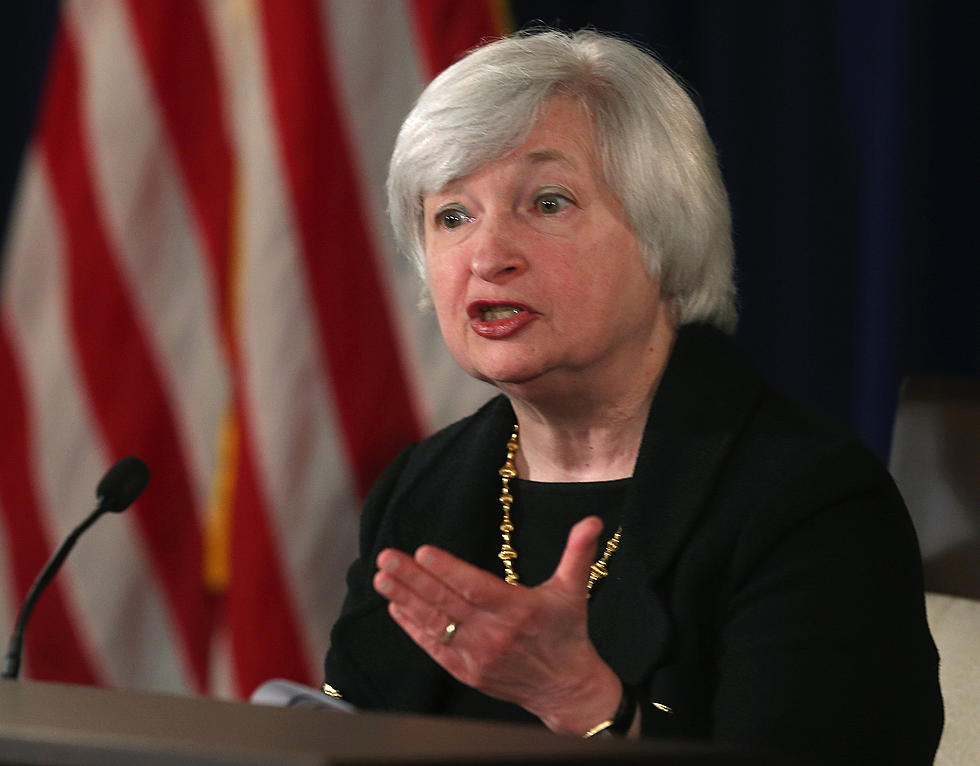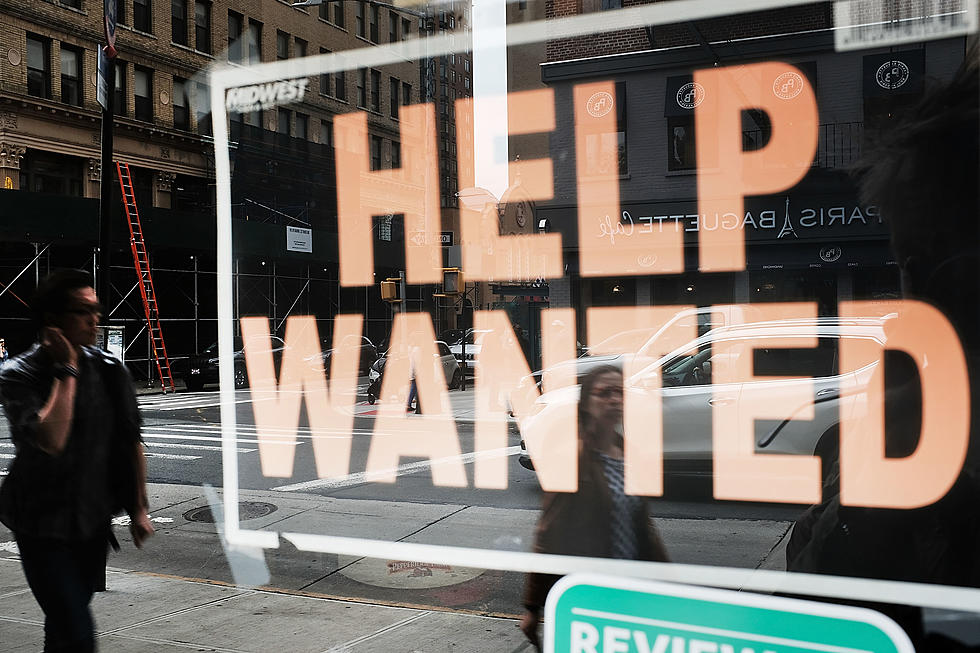
Yellen, Draghi upbeat despite tumult in Greece, China
WASHINGTON (AP) -- The Chinese stock market is experiencing a terrifying freefall, and Greece is teetering on the brink of financial collapse.
But the top central bankers in the United States and Europe see no reason for panic.
European Central Bank chief Mario Draghi told reporters Thursday that the European economy is showing modest signs of improvement.
And in congressional testimony this week, Federal Reserve Chair Janet Yellen said that the U.S. economy has proven resilient so far in the face tumultuous world events. The Fed, she said, is still likely to raise short-term interest rates later this year.
"Prospects are favorable for further improvement in the U.S. labor market and the economy more broadly," Yellen told the Senate Banking Committee Thursday. "Low oil prices and ongoing employment gains should continue to bolster consumer spending, financial conditions generally remain supportive of growth and the highly accommodative monetary policies abroad should work to strengthen global growth."
Around the world, though, events have been unsettling. After peaking June 12, Chinese stocks have plunged around 30 percent, raising more doubts about China's decelerating economy. And Greece is locked in contentious negotiations with its creditors that have put its future in the eurozone in jeopardy.
Yellen said this week that the Fed might reconsider a 2015 rate hike if the tumult in China or Greece threatened to spread. But for now, the Fed is on track this year to raise the short-term rate it controls from near zero, where it's been since December 2008.
In a report Thursday, chief economist Nariman Behravesh and senior research director Sara Johnson of IHS predicted that "the recent political turmoil in Europe and financial convulsions in China will not do serious damage to global growth--unless they get a lot worse." They see the world economy growing 2.6 percent this year and 3.3 percent in 2016.
The American economy has been improving since getting off to a terrible start this year.
After shrinking at an annual rate of 0.2 percent from January through April -- a dip blamed largely on bad winter weather and other temporary factors -- the U.S. economy is picking up momentum. It is expected to register a modest 2 percent to 2.5 percent growth for the year. In the labor market, employers have added more than 2.9 million jobs the past year. Unemployment tumbled last month to a seven-year low 5.3 percent.
Still, some are cautious about the U.S. economic outlook.
International Monetary Fund chief Christine Lagarde has urged the Fed to delay a rate increase until 2016, arguing that the risk that a premature hike will damage growth outweighs the risk that a tardy hike will unleash inflation or swell a dangerous bubble in the price of stocks, real estate and other assets. Yellen herself remains worried that American wage growth is subpar.
Europe continues an agonizing economic recovery. The collective economy of the 19 countries that use the euro currency grew modestly from January through March. Prices across the eurozone rose in June for the third straight month, easing fears that the region was at risk of sinking into a destructive deflationary spiral.
Draghi took part of the credit, noting that the ECB's 60 billion euros in monthly bond purchases have supported eurozone growth. Draghi repeated his pledge to do everything within his power to prevent fallout from the Greek crisis from damaging the broader European economy. And he did his part for Greece, too: The ECB on Thursday agreed to increase financial support for Greece's banks, which have been closed since June 29 and were in danger of collapsing entirely.
(Copyright 2015 The Associated Press. All rights reserved. This material may not be published, broadcast, rewritten or redistributed.)
More From New Jersey 101.5 FM









